Understanding Credit Scores Before Purchasing a Home

If you're in the market to purchase a home, it's vital to be aware that your credit score plays a significant role in securing a mortgage. Lenders evaluate your credit history to assess your reliability in making timely payments and managing debt. Additionally, your credit score influences the interest rate on your mortgage. This is outlined in detail in an article by US Bank, highlighting the importance of understanding your credit status before embarking on the home-buying process.
"While your credit score is not the sole determinant in your mortgage application, it holds substantial weight. Therefore, when searching for a home, it is crucial to be aware of your credit standing and leverage it effectively to secure the most favorable mortgage rate available."
Given the current significance of mortgage rates in determining home affordability, your credit score could play an even more pivotal role in your homebuying strategy. The Federal Reserve Bank of New York notes that the median credit score for U.S. mortgage borrowers is 770. However, achieving a perfect credit score is not a prerequisite. This is further elaborated on in the same article by US Bank, indicating that there's flexibility in credit score requirements.
"Your credit score, often referred to as a FICO Score, varies from a minimum of 300 to a maximum of 850. While a score of 740 or higher is typically seen as very good, it's not necessary to have such a score or higher to purchase a home."
Consulting with a reputable lender is the optimal approach to gain insights into how your credit score may influence your home loan and the mortgage rate you qualify for. As FICO points out:
"Although numerous lenders employ credit scores, such as FICO Scores, in their decision-making processes, each lender operates according to its own set of strategies, including its tolerance for risk. There isn't a universal 'cutoff score' that applies across all lenders, and they consider many other factors beyond your credit score to decide your interest rates."
If you're aiming to enhance your credit score, Experian points out several areas you might concentrate on:
- Payment History: Timely payments are crucial as late payments can adversely affect your score. Prioritize making payments promptly and settling any outstanding late fees promptly.
- Your Credit Utilization: The lower the proportion of your available credit that you're using, the better. Aim to keep this figure as minimal as possible.
- Credit Inquiries: Avoid applying for extra credit if you're planning to make a purchase. New credit applications can lead to hard inquiries, which might lower your credit score.
Bottom Line
Improving your credit score could result in securing a lower interest rate on your mortgage. For further information, consider consulting with a reliable lender.
Categories
Recent Posts
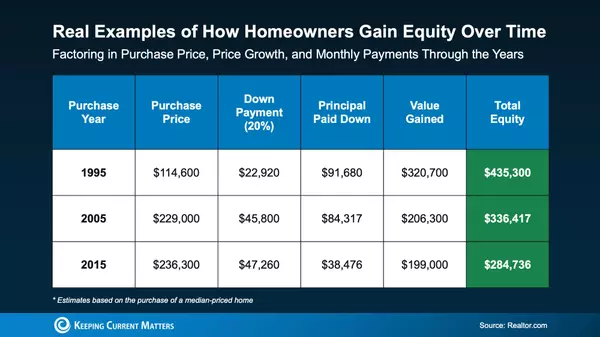
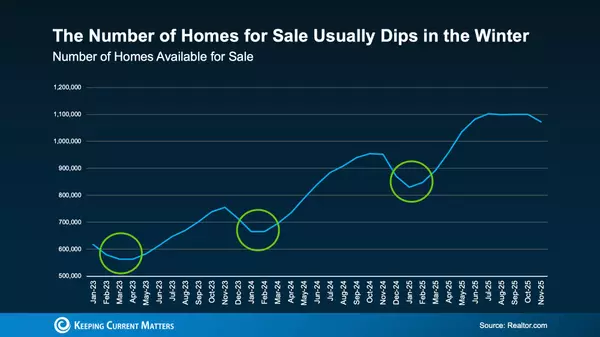
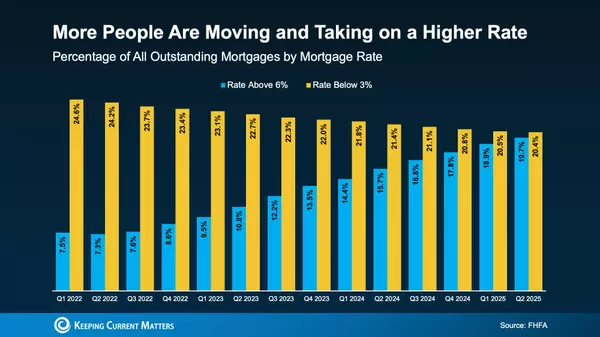
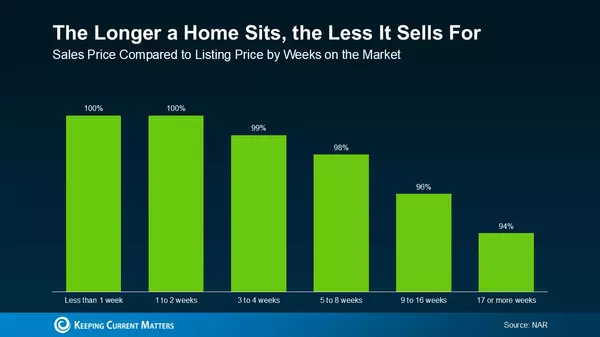

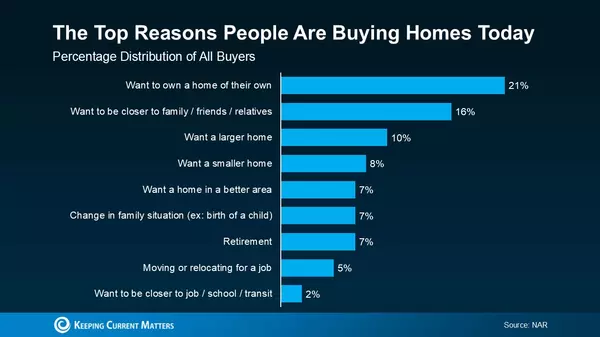
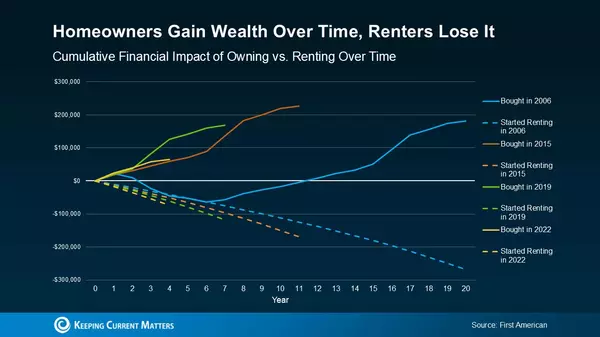


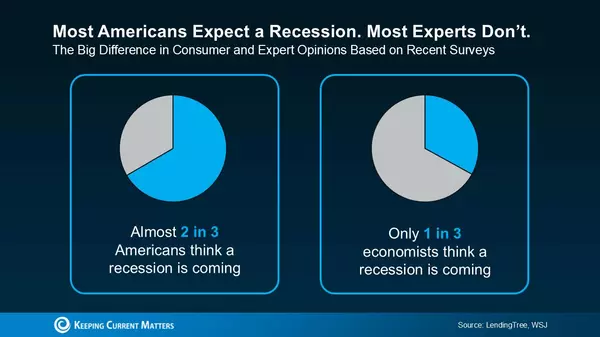
GET MORE INFORMATION


